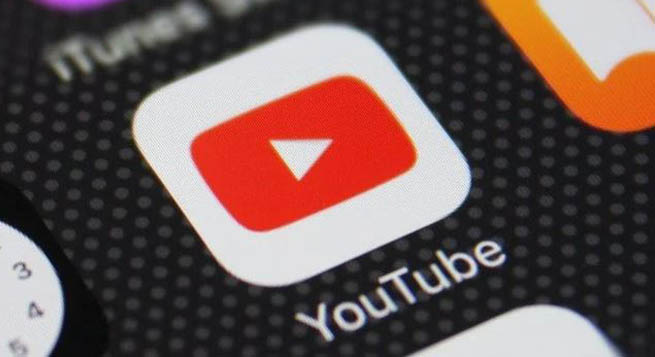YouTube has paid over $4 billion to the music industry in the last 12 months alone and has added more paid members in Q1 ’21 than in any other quarter since launch, a top company executive said.
“As a visual-audio platform, our goal is to become the leading revenue generator for the music industry and to help artists around the world build a career making music. We are uniquely positioned to achieve this goal because YouTube monetizes the end-to-end music experience globally,” Lyor Cohen, Global Head of Music, YouTube wrote on the company’s website earlier this week, adding that in the last one year the company paid over $4 billion to the music industry.
Cohen also outlined the ways music on the website was monetized.
Accelerating twin-engine growth: Through ad-supported free tier in 180 countries and subscription tiers in 96 countries, YouTube gives users the choice to pay with their attention or their wallets.
YouTube is the world’s largest stage, and advertisers are eager to tap into the deep music engagement that the platform enables. With over two billion users watching music videos monthly, YouTube allows advertisers to reach audiences they can’t find anywhere else.
“In addition, we added more paid members in Q1 ’21 than in any other quarter in our history,” Chen said.
Monetizing all music experiences: Music comes to life in so many ways across YouTube and YouTube Music. Both premium music content and user-generated content (UGC) are growing and driving significant value back to the industry. Whether it’s the premiere of the hottest new music video on TV, a throwback playing on your Google Home when asked for music that makes people smile, or the latest viral dance challenge, revenue is generated for artists, songwriters, and rights-holders.
Growing viewership and revenue with unique fan content: Of the more than $4 billion generated for artists, songwriters, and rights-holders in the last 12 months, over 30 per cent has come from UGC.
“Fan-powered videos have always flourished on YouTube, helping artists grow their audiences and break songs around the world. We’re thrilled it’s now also become a meaningful and incremental source of revenue alongside premium music content,” Cohen elaborated.
Finding new sources of revenue: YouTube is continuing to innovate with direct-to-fan products such as ticketing, merch, memberships, paid digital goods, and virtual ticketed events.
BLACKPINK’s paid virtual concert, THE SHOW, sold nearly 280,000 channel memberships across 81 countries and helped the group earn 2.7 million new subscribers to their official artist channel.
“Building the best music experience for fans and empowering all artists to grow their careers are mission-critical for us. I couldn’t be more excited about the music industry’s future. These days when my mom asks me what I do for a living, I tell her I’m helping to make sure the next Kurt Cobain doesn’t have to become a dentist,” Cohen ended on an emotional note.
 SRK, Aamir, Big B, Ted Sarandos, WPP CEO, MPA chief, other stars, to headline WAVES
SRK, Aamir, Big B, Ted Sarandos, WPP CEO, MPA chief, other stars, to headline WAVES 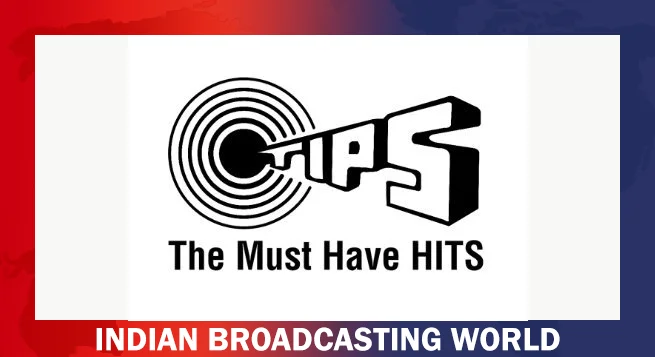 TIPS Music ends FY25 on high note with 29% revenue growth
TIPS Music ends FY25 on high note with 29% revenue growth 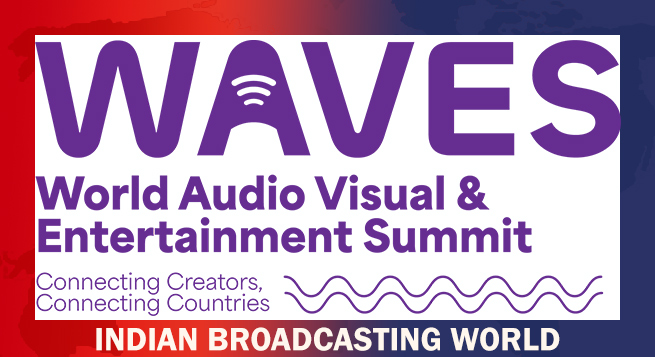 WAVES’ Bharat Pavillion to showcase Indian media’s evolution,culture
WAVES’ Bharat Pavillion to showcase Indian media’s evolution,culture 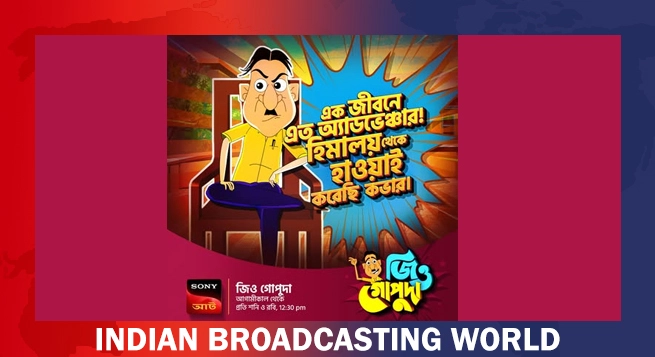 Sony AATH to launch ‘Jiyo Gopuda’ on April 26
Sony AATH to launch ‘Jiyo Gopuda’ on April 26 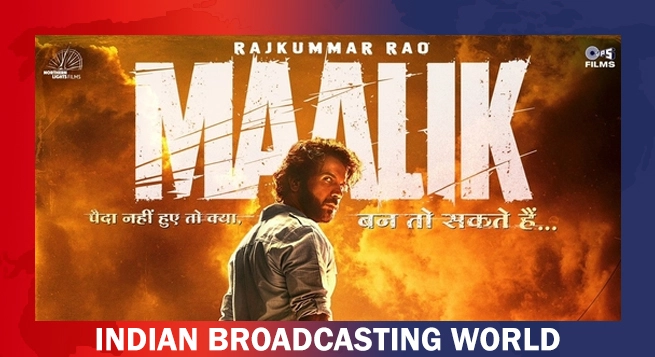 Rajkummar Rao’s ‘Maalik’ gets new theatrical release date
Rajkummar Rao’s ‘Maalik’ gets new theatrical release date  Kriti Sanon joins Dreame as brand’s first-ever ambassador in India
Kriti Sanon joins Dreame as brand’s first-ever ambassador in India 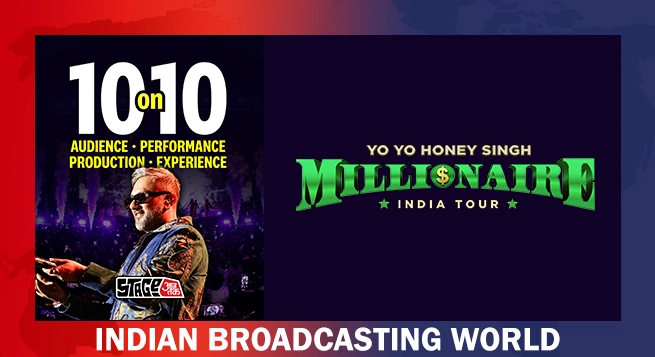 YO YO Honey Singh, Stage Aaj Tak wrap up ‘Millionaire Tour’
YO YO Honey Singh, Stage Aaj Tak wrap up ‘Millionaire Tour’ 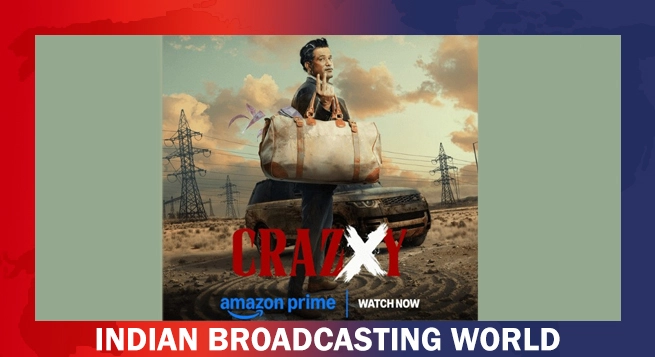 Prime Video announces global premiere for ‘Crazxy’
Prime Video announces global premiere for ‘Crazxy’ 


